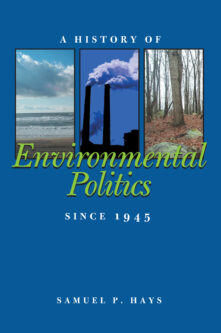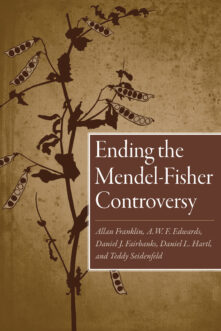Books
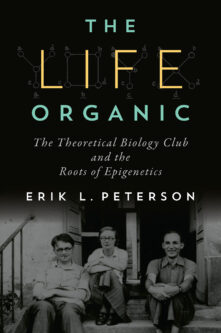
The Life Organic
The Theoretical Biology Club and the Roots of Epigenetics
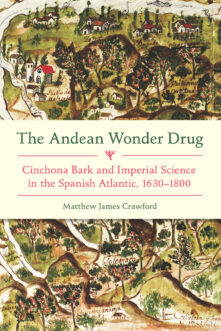
The Andean Wonder Drug
Cinchona Bark and Imperial Science in the Spanish Atlantic, 1630-1800
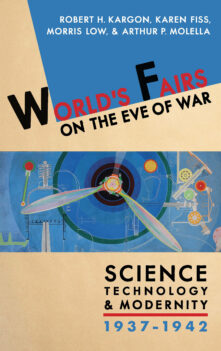
World’s Fairs on the Eve of War
Science, Technology, and Modernity, 1937–1942
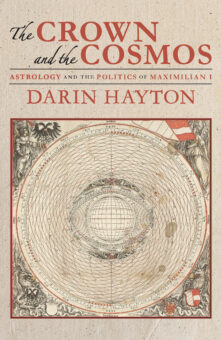
The Crown and the Cosmos
Astrology and the Politics of Maximilian I
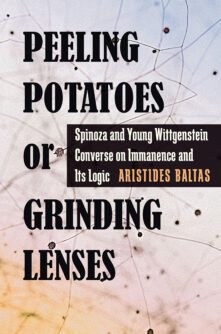
Peeling Potatoes or Grinding Lenses
Spinoza and Young Wittgenstein Converse on Immanence and Its Logic
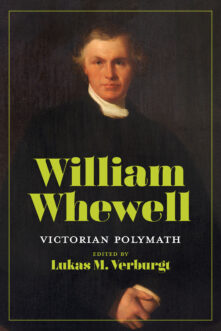
William Whewell
Victorian Polymath
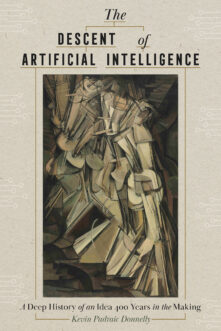
The Descent of Artificial Intelligence
A Deep History of an Idea Four Hundred Years in the Making
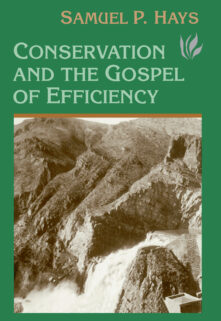
Conservation And The Gospel Of Efficiency
The Progressive Conservation Movement, 1890–1920
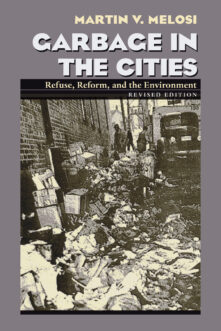
Garbage In The Cities
Refuse Reform and the Environment
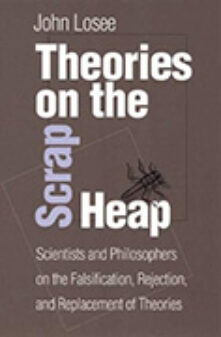
Theories On The Scrap Heap
Scientists and Philosophers on the Falsification, Rejection, and Replacement of Theories
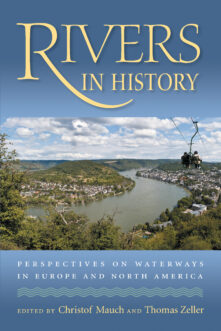
Rivers in History
Perspectives on Waterways in Europe and North America
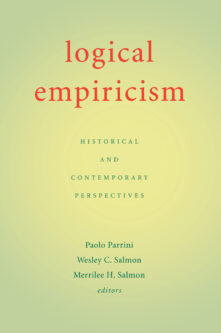
Logical Empiricism
Historical and Contemporary Perspectives
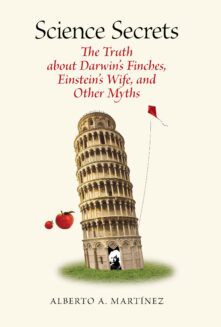
Science Secrets
The Truth about Darwin's Finches, Einstein's Wife, and Other Myths
Total 60 results found.


